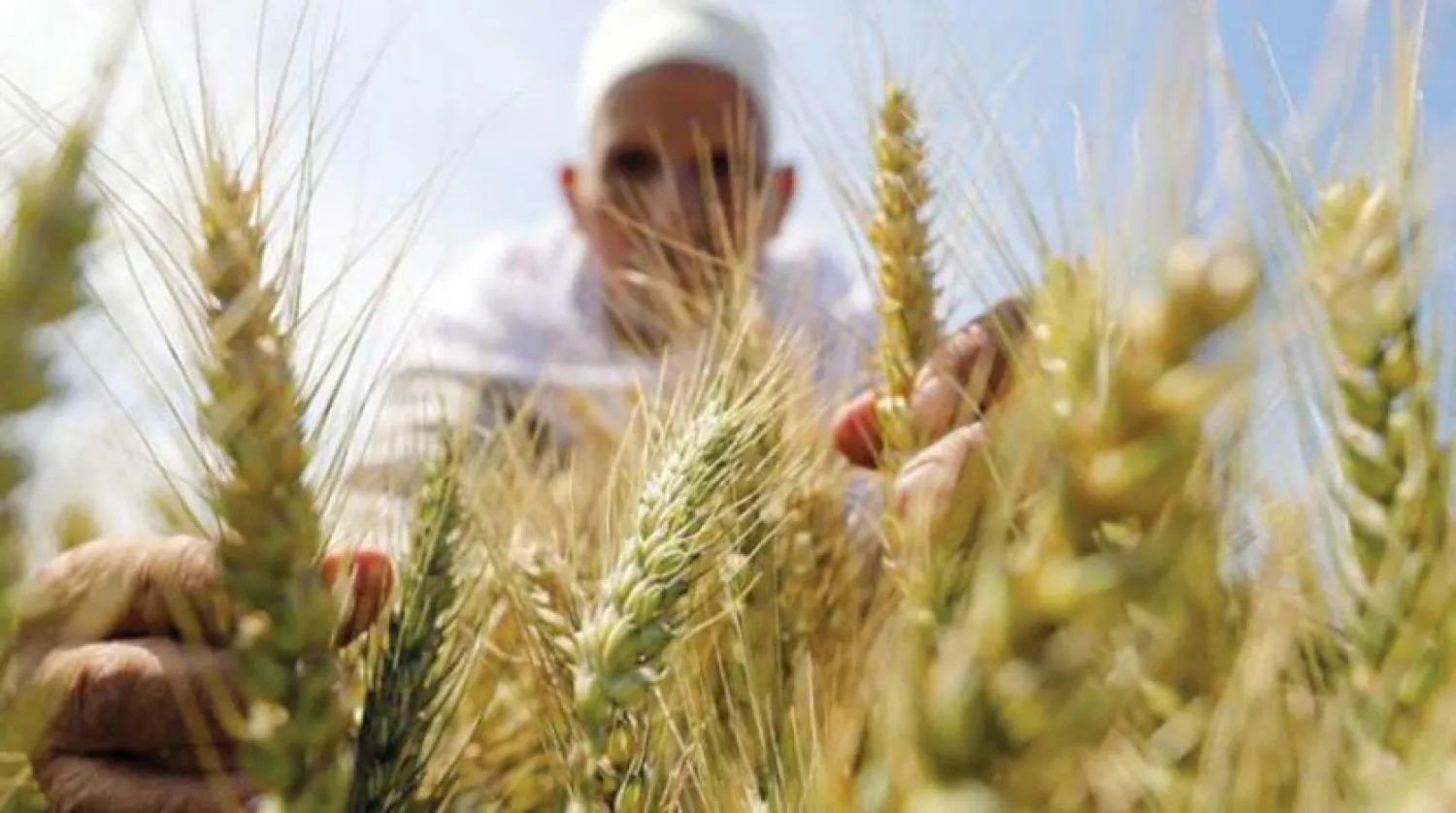Egypt's state grains buyer said on Sunday that a previously contracted 63,000 tons of Russian wheat, and a similar amount of Ukrainian, Romanian wheat were shipped, will arrive to the country's ports in the coming days.
Egypt already received 63,000 tons of French wheat on March 8, and a similar amount of Romanian wheat on March 5, the General Authority for Supply Commodities said in a statement, Reuters reported.
Egypt, often the world's top wheat importer, is working to buy wheat from other regions rather than its major suppliers Russia and Ukraine, whose exports are being disrupted by the fighting in Ukraine.
Egyptian officials have said they are working to secure booked cargoes of wheat from the Black Sea and to purchase from other origins amid the uncertainty over Black Sea shipments.
Existing reserves and wheat from the upcoming harvest should be sufficient to provide subsidized bread until close to the end of the year, they say.
However, Egypt has banned the export of some staples including wheat for three months and local prices of bread, flour and wheat have risen sharply since the war in Ukraine began.









